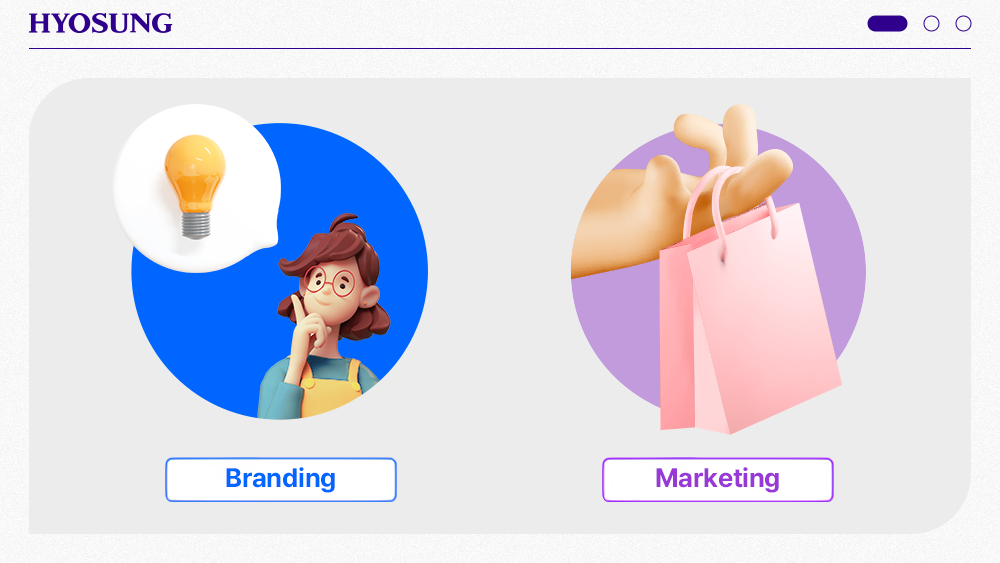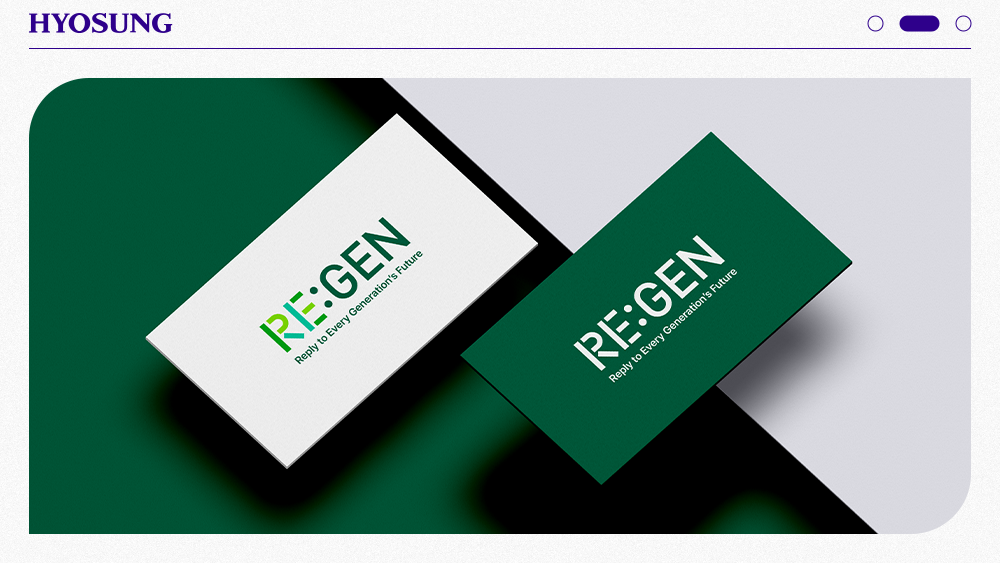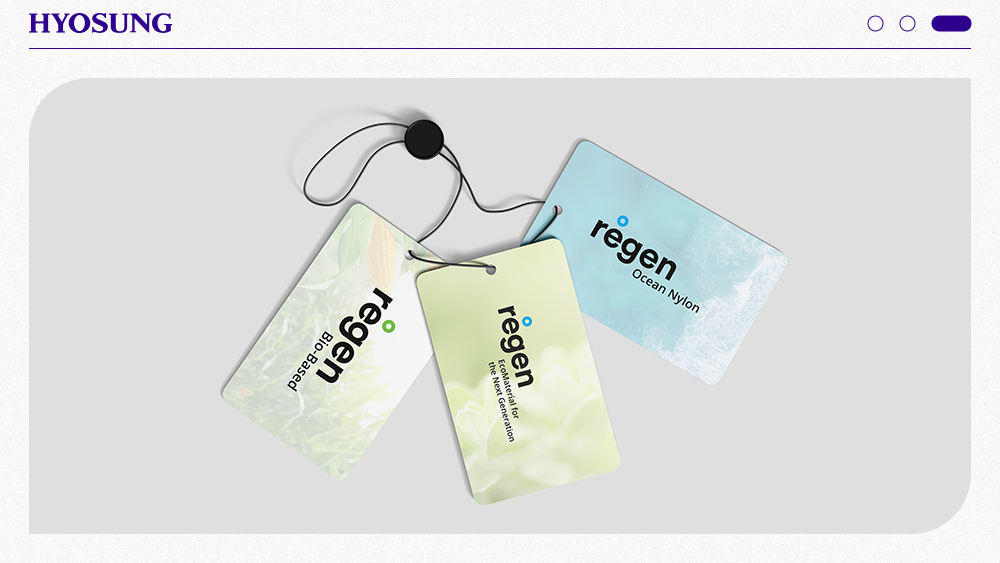The Concept of Branding and Marketing
2023.06.18
Branding and marketing are words we encounter thousands of times a day, but few are able to explain their exact meanings. Although they have distinct meanings, these familiar yet confusing words often merge together, blurring their individual significance. So, what exactly are branding and marketing? An appropriate definition of branding is the endowment of meaning and value to a trademark or brand, whereas marketing is the strategic planning to prioritize consumer selection. These two complex concepts differ in intricate and subtle ways.
The Difference Between Branding and Marketing
In marketing, all activities are designed to promote brands and products so that they can be purchased. On the other hand, branding does not necessarily result in an immediate purchase but involves everything that goes into shaping a consumer's perception of a company, its products, or its services. The purpose of marketing is to provide information about a product with the intent to sell it. Meanwhile, branding refers to the process of making brands known and understood by customers to communicate a consistent message about our brand's values, direction, and identity.
IKEA is a good example. A membership program, discount policies, reasonable prices, delivery services, and showcasing trendy furniture designs are all examples of marketing activities. Branding, however, gives IKEA's furniture a trendy and sophisticated appearance at reasonable prices. Marketing prompts customers to shop for IKEA after they see stylish designs at reasonable prices. Branding is what makes people think of IKEA as a place to buy stylish designs at reasonable prices.

Example of Branding: Product-less Advertising
If you hear the phrase 'unwavering comfort,' you probably think of Simmons. Simmons recently unveiled product advertisements without any beds and opened a unique pop-up store, 'Simmons Grocery Store,' without displaying a single bed. Considering most people only buy beds three to four times in their lifetime, Simmons had to devise a strategy to ensure their brand is remembered at those important moments.
As a result of launching ads that don't show beds, Simmons embedded its values into the daily lives of Generation Z consumers, transcending the perception of being a furniture and bed company. The company aimed to establish a lifestyle culture so that consumers would naturally think of Simmons when they were in need of a bed. This marks a special project for Simmons.
In 'Simmons Grocery Store,' everyday items are displayed in witty designs and collaboration products while Oddly Satisfying Videos (OSVs) play in the background. After watching an OSV at the pop-up store, visitors can feel a strange sense of satisfaction and comfort, allowing them to sense the comfort that Simmons strives for, even without seeing a bed. A high-level branding strategy is used in this pop-up store to demonstrate Simmons' strategy to become a lifestyle culture brand. As a result, visitors are naturally reminded of Simmons, 'the provider of comfort,' when purchasing a bed, even though it does not directly display a bed.
Purchasing decisions are no longer solely based on cost and quality of product. A purchase decision increasingly considers the product's value, including personal satisfaction and alignment with one's values. Nowadays, people will pay a premium for brands that consider the environment or align with their self-expression and personal brand identity rather than the most cost-effective product.
Hyosung's ESG Branding
Although Hyosung operates in industries not traditionally associated with eco-friendliness, such as chemical textiles, heavy industries, and advanced materials, it is committed to demonstrating sustainable technologies and eco-friendly products. Through its ESG brand RE:GEN, Hyosung promotes various brand campaigns to promote its environmental consciousness. All Hyosung business groups implement the ESG strategy, emphasizing a circular economy, carbon neutrality, green energy, and resource conservation. They aim to strengthen their commitment to tangible environmental, social, and governance management through RE:GEN, ensuring Hyosung's technology can reach all future generations.
The core identity Hyosung pursue is to create a symbiotic relationship between our lives, technology, and nature, all without harming the environment based on Hyosung's technical prowess. This is achieved through technologies such as the core facility of renewable energy, the Energy Storage System (ESS), which stores electricity for future use, reducing greenhouse gas emissions by replacing insulation materials in power devices such as transformers and gas-insulated switchgear with eco-friendly materials; establishing a hydrogen society through the installation of liquid hydrogen plants, hydrogen fueling stations, and the lightweight of hydrogen cars through carbon fiber; and eco-friendly engineering plastic polyketone, all born from eco-friendly fibers regenerated through upcycling and recycling.
As a leading environmental champion, Hyosung's technical prowess and substantial eco-friendly initiatives have been widely recognized by consumers through its ESG brand RE:GEN.

Hyosung's Brand Revisioning Project
Hyosung TNC brand recently underwent a ‘revisioning project’ as part of its transition from a global leader in textiles to a global leader driving innovation across the fashion industry and offering new lifestyles to global consumers. Hyosung TNC is a leading company in the global textile industry as part of Hyosung's diverse business groups. As an innovative textile producer providing yarn, fabric, and dyed products, Hyosung TNC is creating a new era in the sustainable textile industry.
As an innovator that creates a sustainable life, it is undertaking a brand revisioning project. As part of its brand revisioning project, Hyosung TNC aims to inform consumers that its eco-friendly fibers are irreplaceable, solidifying its place as an eco-friendly textile company that stands out and to pioneer new possibilities in sportswear and fashion.
A major focus of the brand revisioning project is developing the company's diverse product range through two core brands: CREORA and regen. As part of this strategy, Hyosung TNC aims to build a technological ecosystem and position itself as an innovator that renews our lifestyles.

Nike's slogan "Just Do It" carries Nike's clear brand mission, encouraging people to start running and exercising, changing Nike's focus from selling sports goods to selling the desire to do sports. Therefore, Nike, which now has a unique brand identity, represents challenges as a brand that comes to mind when thinking of challenges.
With its brand slogan, "Reply to Every Generation's Future," Hyosung aims to communicate its eco-friendliness clearly. Through the brand RE:GEN, Hyosung intends to convey its brand mission to customers who share its core values, aiming at eco-friendly management for all generations and growing into a solid brand by sharing a sense of belonging and solidarity with the environment. In unveiling Hyosung's RE:GEN ESG brand, the company hopes to create a movement together with customers who share similar values, fostering environmental friendship and belonging for a better future.
Hyosung TNC, which focuses on the brands CREORA and regen, embodies the will to innovate our lifestyles with eco-friendly yarn using its technology through its revisioning project. With its unique identity, Hyosung promises to pursue unwavering values with customers who share the brand mission.